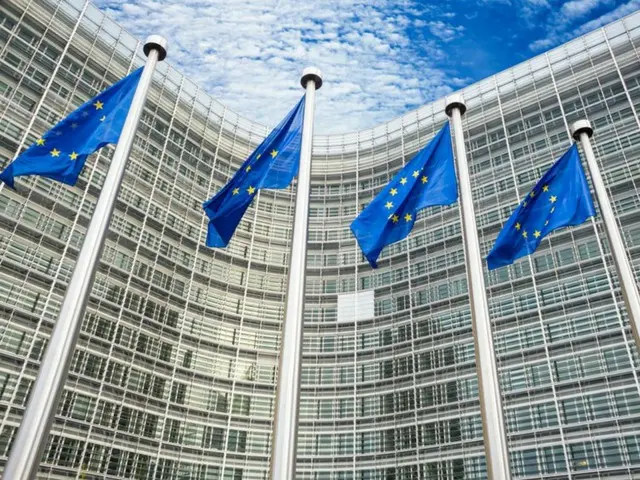The two sides reached an agreement on a range of areas, including trade agreements and the movement of people.
The Chairman held a summit in London and announced the agreement to rebuild relations. Prime Minister Starmer said, "Now is the time to look to the future. We need to move away from old arguments and political disputes and find common sense and practical solutions."
"We must find a solution," he said, praising the agreement as "opening a new era in our relationship." Von der Leyen also said, "We have turned a page and are starting a new era."
"We are opening a new chapter. This is a very important day. At a time of rising geopolitical tensions, steps like this are important, and we share common values," he said.
The talks, held for the first time in five years, come amid growing sentiment for European unity amid Russia's invasion of Ukraine and the isolationist stance of the United States.
First, a partnership was agreed that would open the way for the UK defence industry to take part in the EU's proposed €150 billion European rearmament programme. This would see BAE
British defence companies such as Defense Systems, Rolls-Royce and Babcock are expected to benefit. It will also simplify customs procedures for British food and allow some animal and plant products to be imported.
Regular checks on food products have also been abolished, paving the way for British products such as sausages and burgers to be sold again on the EU market.
The procedures for moving people have also been simplified. The freedom of movement is no longer permitted as before, but instead
British citizens will be able to use electronic automated checkpoints (e-gates) instead of passport control when travelling through the EU.
Starmer said the deal was a "win-win" for both the UK and the EU.
The Conservative Party, which led Brexit, denounced the deal as a "surrender to the EU" and urged Britain to "reform its trade deal," which has been gaining support in recent years.
Party leader Nigel Farage slammed the move, saying it had "completely sold out our fishing industry in the name of cozying up to a faltering political coalition".
Meanwhile, the Green Party welcomed the agreement, and the agricultural and meat industries, which have seen trade opportunities expand as a result of the agreement, also expressed their support.
Recently, there has been growing scepticism in the UK about the 2016 Brexit decision, although there is currently no desire for the UK to rejoin the EU.
A YouGov poll conducted in January this year found that 62% of people considered Brexit to be "close to failure," while only 11% said it was "close to success."
% of respondents said they did not want the UK to rejoin the EU or the single market, but wanted a closer relationship (64%).
The poll was split evenly between those who thought there was a chance of the UK rejoining the EU within the next 12 months (39%) and those who thought there was a low or no chance (40%).
On the other hand, the popularity of the Labour Party is declining, while the anti-immigration, anti-EU Reform Britain Party is
The popularity of Prime Minister Starmer is on the rise. A YouGov poll released on the 16th showed his approval rating at 23%, his lowest ever. Meanwhile, Farage and his Reform Britain Party are
The favorability rating of the company improved to 32%.
2025/05/20 09:30 KST
Copyrights(C) Edaily wowkorea.jp 88

